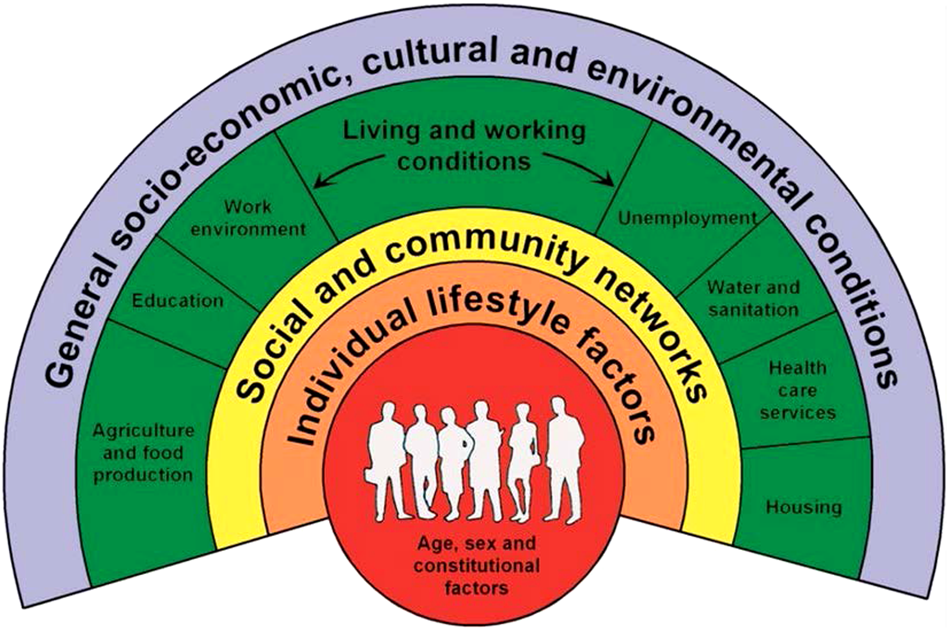CASE STUDY DISCUSSION
CASE STUDY DISCUSSION
(CASE STUDY DISCUSSION) BK is a 16-year-old Caucasian female who comes in with her grandmother for an annual exam. The grandmother reports BK has been “acting strange, staying in her room all the time and refusing to do all the things she used to enjoy like singing in the youth choir”.
Grandmother shares that BK’s mother is a drug addict and is currently incarcerated, so she is worried BK is using drugs and wants her tested for drugs. BK is not on any medications. She is obese and does not make eye contact when you enter the room.
Post an explanation of the specific socioeconomic, spiritual, lifestyle, and other cultural factors associated with the patient you were assigned. Explain the issues that you would need to be sensitive to when interacting with the patient, and why.
Provide at least five targeted questions you would ask the patient to build his or her health history and to assess his or her health risks.

Socioeconomic, Spiritual, Lifestyle, and Cultural Factors
In assessing BK, several socioeconomic factors may contribute to her current situation. Being a 16-year-old female with a mother in prison indicates potential financial instability and lack of parental support. Such an environment can lead to feelings of abandonment, insecurity, and emotional distress. This may explain her withdrawal from activities she previously enjoyed, like singing in the youth choir. Furthermore, obesity could be linked to limited access to nutritious food and opportunities for physical activity, common in lower socioeconomic neighborhoods.
Spiritual Factors:
Spirituality can play a significant role in BK’s life, especially considering her background. Participation in the youth choir suggests some level of engagement with a religious or spiritual community, which may provide emotional support. Understanding her beliefs could help healthcare providers support her mental and emotional well-being. (CASE STUDY DISCUSSION)
Lifestyle Factors:
BK’s lifestyle choices, particularly her current isolation and lack of engagement in previous activities, are concerning. This behavior may reflect underlying issues such as depression or anxiety. Additionally, the potential for substance use, given her mother’s addiction, should be addressed. It is crucial to approach these topics sensitively, as they can evoke feelings of shame or defensiveness.
Cultural Factors:
Cultural influences, including family dynamics and societal expectations, may impact BK’s perceptions of health and well-being. The stigma surrounding drug use and incarceration may also affect her willingness to engage openly during the assessment. Recognizing these cultural factors is essential to building rapport and trust with BK.
Sensitivity Issues
When interacting with BK, healthcare providers must be sensitive to the following issues:
- Family Dynamics: BK’s family situation is complex, and she may have feelings of resentment or sadness regarding her mother’s incarceration. Understanding this background is vital for compassionate communication.
- Emotional State: Given her withdrawal from activities and lack of eye contact, BK may be experiencing depression or anxiety. It is important to approach her gently and avoid pressuring her to share more than she is comfortable with.
- Stigma of Drug Use: BK may feel judged due to her mother’s drug addiction, making it crucial to approach questions about substance use with care to avoid increasing her discomfort.
- Cultural Sensitivity: Acknowledging BK’s cultural background and personal beliefs will help tailor the conversation in a way that respects her identity and values.
- Physical Health Concerns: Given her obesity, it is important to discuss lifestyle choices in a non-judgmental way, focusing on health rather than appearance. (CASE STUDY DISCUSSION)
Targeted Questions
To build BK’s health history and assess her health risks, the following targeted questions could be asked:
- “Can you tell me about your typical day, including meals and activities you enjoy?”
This question helps to understand her lifestyle and eating habits, which may contribute to her obesity. - “How have you been feeling lately, both physically and emotionally?”
This encourages BK to express any emotional distress or health concerns she may be experiencing. - “What are your thoughts about drug use, given your family background?”
This question addresses potential substance use and allows her to share her perspective in a non-confrontational manner. - “Have you experienced any changes in your sleep patterns or energy levels?”
Understanding her sleep and energy levels can provide insight into her mental health status. - “Is there someone you can talk to about how you’re feeling, like friends or family?”
This question assesses her support system and whether she has someone to turn to in difficult times.
These questions can facilitate an open dialogue, allowing BK to share her experiences and health risks while fostering a supportive environment for her assessment.
References
American Academy of Pediatrics. (2018). Adolescent health care: A resource for clinicians.
https://pediatrics.aappublications.org/content/142/6/e20183417
U.S. Department of Health and Human Services. (2017). Substance use and mental health issues among youth.
https://www.samhsa.gov/youth-substance-use



